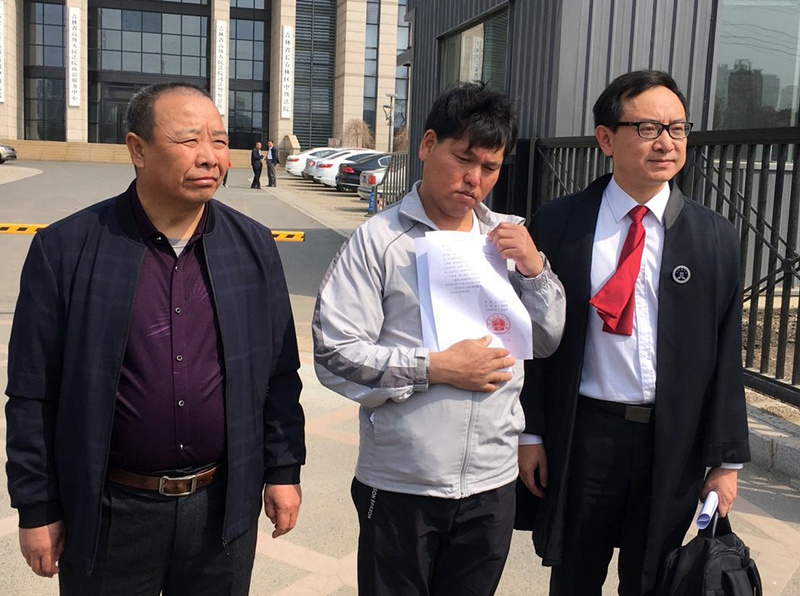Appeals project helps to advance the rule of law
By Cao Yin | China Daily | Updated: 2018-05-24 07:54

Lawyers and academics in Beijing are working together to help overturn wrongful convictions, as Cao Yin reports.
Last month, when a court of appeal overturned Liu Zhonglin's conviction for homicide because of a lack of admissible evidence, Zhang Yupeng, Liu's lawyer, breathed a huge sigh of relief.
For Zhang, the case had been a "marathon", not only because Liu had spent 25 years in prison for a crime he did not commit - almost certainly China's longest case of wrongful detention - but also because it took two years for a ruling to be made after a retrial in April 2016.
"Despite that, I never regretted helping Liu," he said. "It's an honor for a defense lawyer to undertake this work. It's also my contribution to a very important project."
The Mengyuanzhe Yuanzhu, or "Innocence", project was started in 2014 by the China University of Political Science and Law and the Shangquan Law Office, a legal practice in Beijing.
The project aims to uphold justice by organizing appeals for prisoners who can provide reasonable proof that their convictions were flawed. The selection process is strict, but once a case is accepted, all the legal services are provided free of charge.
Regulations
The central government has attached great importance to the rule of law since the issue was addressed at the 18th National Congress of the Communist Party of China in 2012. As a result, the judicial authorities have issued a number of regulations outlawing the use of duress during the questioning of suspects, and placed the correction of miscarriages of justice high on the agenda.
Zhou Qiang, president of the Supreme People's Court, the nation's highest judicial chamber, has regularly urged courts nationwide to guard against and prevent wrongful convictions. "Mistakes must be corrected urgently when they are discovered," he said.
In March, Zhou noted that between 2013 and the end of last year the nation's courts had overturned 6,747 criminal cases, quashing the convictions of 4,874 people. Thirtynine of the cases, involving 78 people, were designated major miscarriages of justice.
"The central government's determination to uphold justice greatly encouraged us, so we set up the project to contribute to the rule of law," said Gao Wenlong, one of the project's founders who works for the Shangquan Law Office.
The undertaking, which is similar to the Innocence Project in the United States, is still in the early stages and lacks strong funding and advanced technological support, but that hasn't deterred Gao and his colleagues.
"We believe that providing aid for people in need will help us fulfill our duties as legal professionals," he said.
























